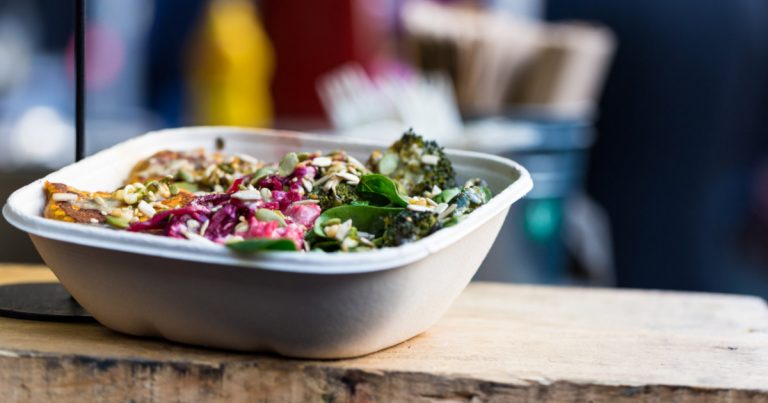Blog
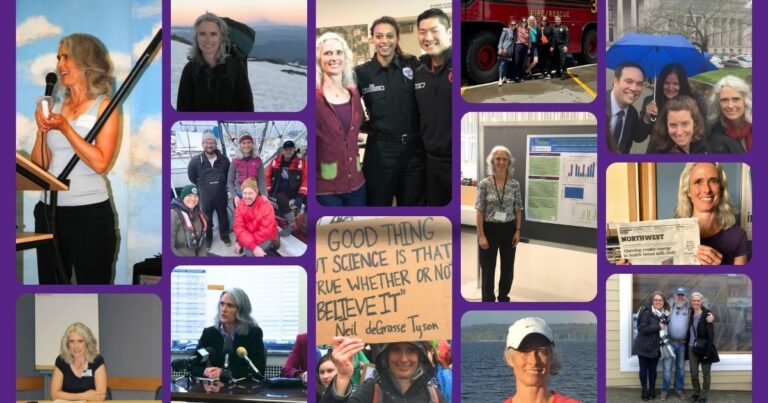
It is hard to imagine Toxic-Free Future without our GOAT (Greatest of All Time) Science Director, Erika Schreder. But it’s true—she is moving on after 27 years!
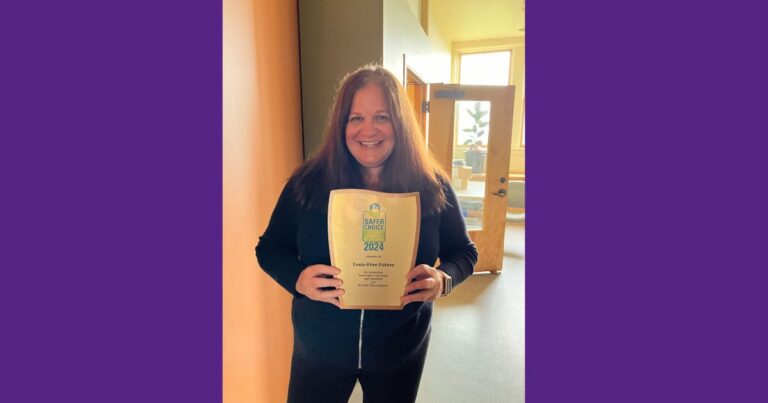
This week, EPA announced its Safer Choice Partner of the Year award winners, and Toxic-Free Future is proud to be an award recipient! “We all deserve to clean our homes, schools and other facilities with cleaning products that use safer ingredients, like those that have earned EPA’s Safer Choice label,” said EPA Office of Chemical […]

Intern Malina Rattanasithy researched safer flooring options that can be used in affordable housing instead of carpet or vinyl flooring.
Your support allows us to make big impacts. Will you donate today?
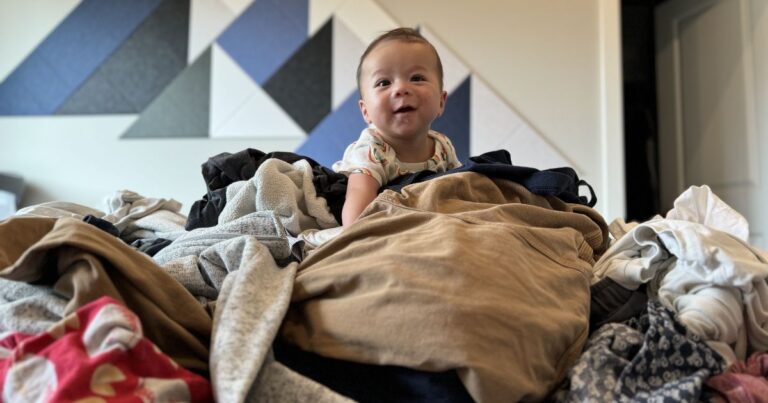
In March, my wife and I became new parents to a beautiful baby boy. That very day, my view of everything in our home shifted. The work I have the chance to be a part of at Toxic-Free Future came into a new kind of clarity. What products in our home are truly safe for […]
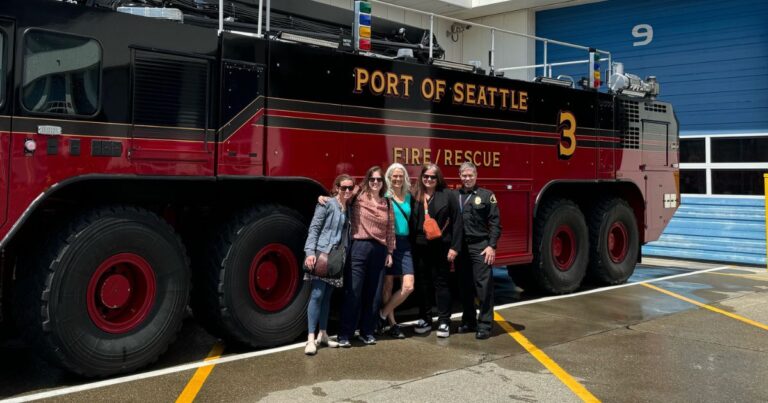
Seattle–Tacoma (SeaTac) International Airport’s transition to safer, PFAS-free firefighting foam. Since this change is one of Toxic-Free Future’s biggest achievements ever, we wanted to take a moment to remember how it all got started, to thank our partners who made it possible, and to reflect on what we learned in the process.
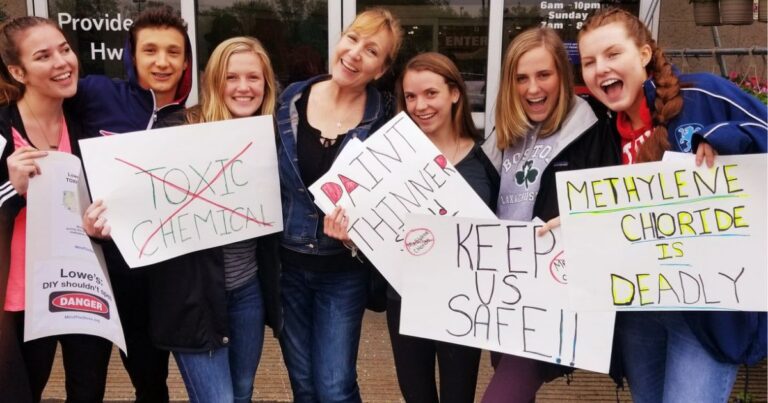
We’ve come a long way from the days when anyone with a DIY project could go to the hardware store and buy paint strippers with methylene chloride. Now, methylene chloride is banned not only in paint strippers, but in all consumer and most industrial uses of this dangerous chemical.
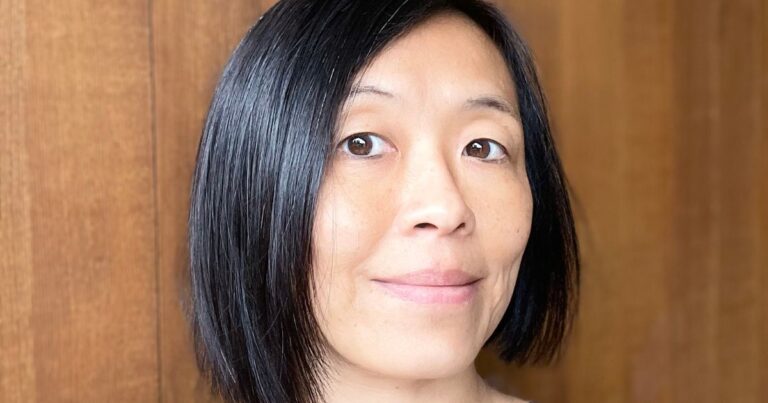
For the past two years, Toxic-Free Future has had the good fortune to partner with Gladys Ly-Au Young, principal at SKL Architects, as we seek to expand the use of healthier building materials. Along with being an accomplished architect, Gladys is a passionate and inspiring advocate who brings people together to move toward a common […]
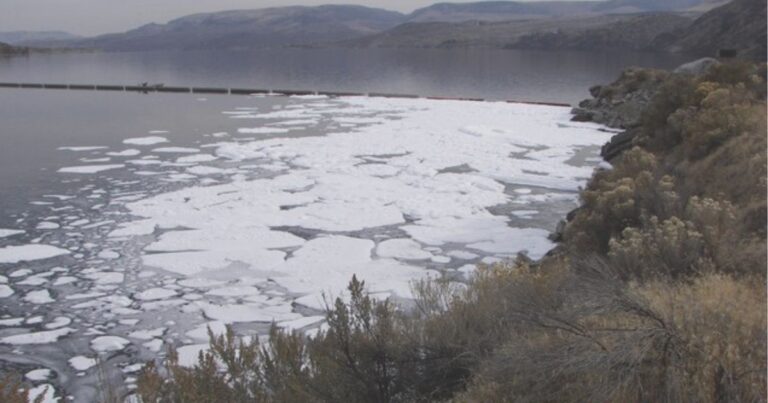
The transition from PFAS-based to fluorine-free foam has been one of the swiftest, and at the same time most impactful, market transformations we have ever seen.
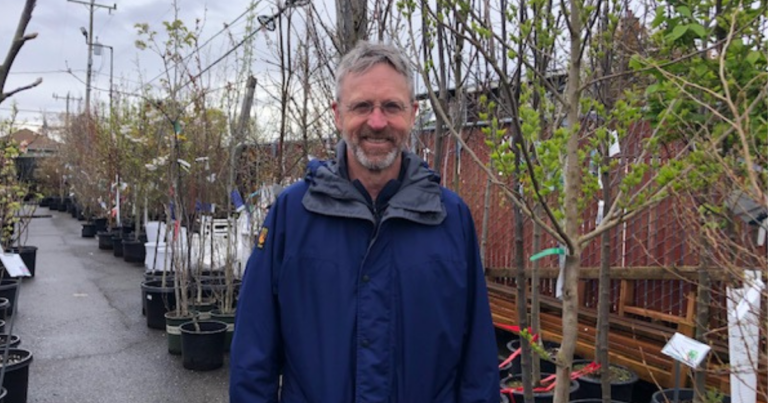
My husband Greg told me he wanted a new raincoat. I found the perfect PFAS-free coat with about an hour’s work. Here’s how I did it.
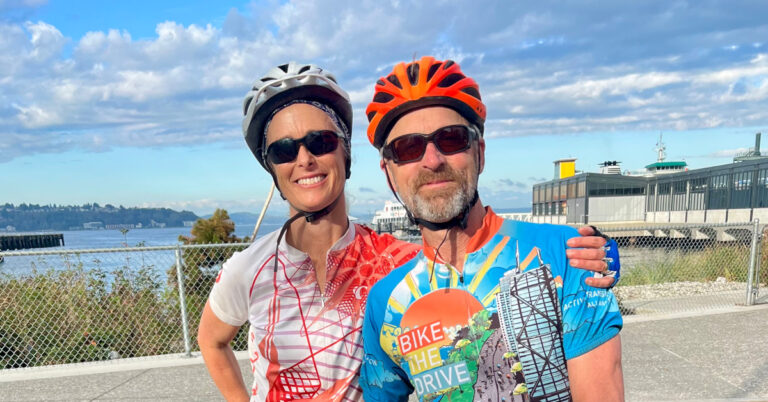
Photo credit: Tom Wilson Our scientific research does a lot of heavy lifting! From studies on toxic chemicals in breast milk to investigations into the chemicals that are released from products into our homes, we use our research to uncover gaps of scientific understanding and bring important environmental health issues to the forefront. Ultimately, this […]

